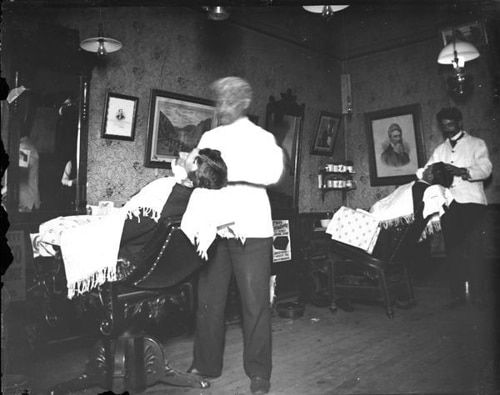Today we’re going to examine ourselves. And by ourselves, I mean our balls. Why, you may be asking, are we examining our bits and pieces today? Well, testicular cancer is the most common malignancy in young men between the ages of 20 and 34. It’s also is the number one cancer killer among men in this same age group. Who knew that the one thing two things that makes a man a man, can also be the very things that kill you?
The good news is that if detected early, testicular cancer is almost always curable. But in order to detect cancer, you need to know what to look for and also how to look for it.
Do I Need Regular Testicular Self-Exams?
Most health professionals recommend all men between the ages of 15 and 40 have regular testicular exams performed by a doctor. This is usually done once a year at your yearly physical.
If you have a history of testicular cancer in your family or if you had undescended testicles as a baby, it’s recommended that you perform monthly self-exams. Studies have shown that male children with a history of undescended testicles have about 10-40 times higher risk of developing testicular cancer. And here’s the kicker: both testes are at higher risk, not just the undescended one. If you don’t know if you had an undescended testicle, ask your parents.
The American Cancer Society doesn’t recommend that men who have no risk of testicular cancer perform regular monthly self-exams. But even if you aren’t at a high risk for testicular cancer, it doesn’t hurt to examine yourself every now and then. It’s fast, painless, and will give you peace of mind to know that everything is fine under the hood.
Today’s Task: Give Yourself a Testicular Exam
I’m sure that many of you are still trying to complete yesterday’s task and are hard at work memorizing If. So today’s task is simple, straightforward, and quick. You’re going to give yourself a testicular exam. Here’s how to do it:
It’s best to perform the exam right after a hot shower when the scrotal muscles are warm and relaxed. You know… when your balls are saggy.
1. Stand in front of a mirror and check for any swelling on the scrotum’s skin.
2. Exam each testicle with both hands by rolling the testicle gently but firmly between your thumb and fingers. Don’t worry if one testicle feels larger than the other. That’s completely normal. Fast fact: A man’s left testicle is usually larger than the right one. While you’re rolling each testicle in your hands, look for hard lumps on the surface of it.
3. Don’t confuse the epididymis for a lump. The epididymis is the spongy, tube-like structure that collects and carries your sperm to the prostate. You can feel the epididymis on the top and down the back side of each testicle. This isn’t the sort of lump you’re looking for.
4. If you notice any sort of hard lump on your testicle, don’t freak out yet. Just contact your doctor immediately. Complete and accurate diagnosis can only be performed by a trained medical physician.
Other things to look for
In addition to lumps on the surface of your testes, be on the look out for these signs of other problems:
- Sudden acute pain during the self-examination could mean you have an infection in the epididymis or it could mean the spermatic chord is twisted up and blocking blood flow to your testicles. If you feel pain during the exam, go see the doctor.
- You feel a soft collection of thin tubes above or behind your testicles. It’s often described as feeling like a “bag of worms.” This may indicate a varicocele.



